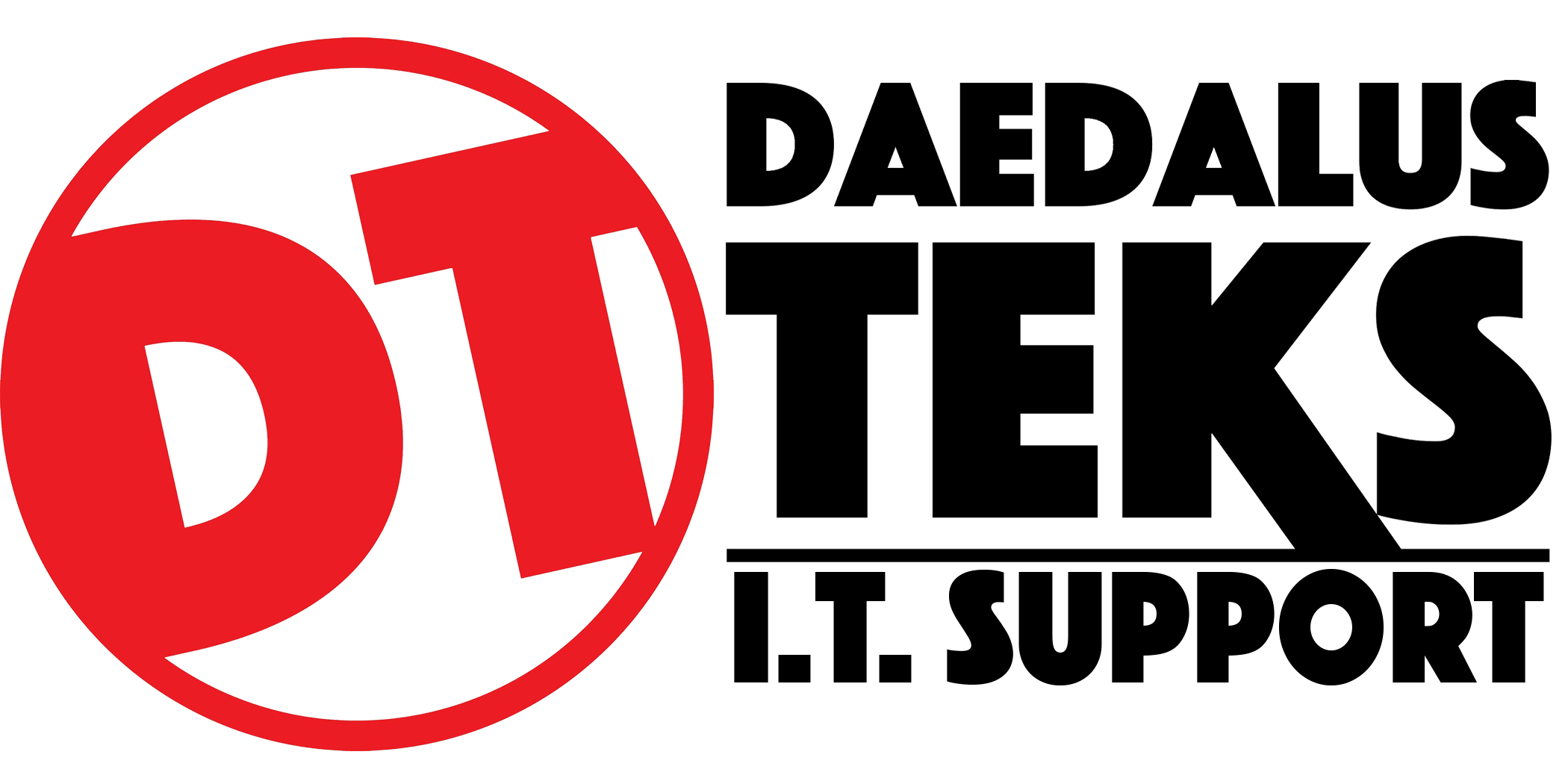By Amy McNeilage @ The Sydney Morning Herald
Australian, American and Canadian authorities have joined forces to foil a major international phone scam, known as the Microsoft Imposter scam.
The scam, which involves people pretending to be Microsoft employees offering to fix computer viruses, is thought to have ripped off tens of thousands of people in six countries.
 US authorities this week won court orders to close down and freeze funds of alleged US-based parties involved in the scheme.
US authorities this week won court orders to close down and freeze funds of alleged US-based parties involved in the scheme.
Details of the action were to be revealed this morning in a joint media conference in Washington DC with the Australian Communications and Media Authority (ACMA), the US Federal Trade Commission (FTC) and the Canadian Radio-television and Telecommunications Commission (CRTC).
“With new scams appearing more frequently, our citizens need to be vigilant and not respond to insidious trickery,” ACMA Chairman, Chris Chapman, said in a statement.
“The best way for people to protect themselves from these types of scam calls is to simply hang up and never give an unsolicited caller access to their computer or their credit card details.”
The ACMA first became aware of the scam in 2009 via its Do Not Call complaint line. It generated nearly 10,000 calls to the line over the past two years.
Australia was one of the first targets of the scam, which subsequently spread to other countries. The ACMA had been tracking the scammers for three years, in collaboration with the Australian Competition and Consumer Commission and the FTC.
How the scam works (source: ACMA)
A caller claims to work for Windows or Microsoft and says they have detected a virus or ‘issues’ with your computer.
To confirm the diagnosis, they ask you to open Windows Event viewer to check if it is infected.
Several error messages are listed, even though errors are common and often harmless.
The caller says the errors are of great concern and offers to refer you to a technician for a fee.
The technician asks you to log on to a third-party website so they can remotely access your computer.
The scammer then might:
• Install an antivirus program (often one that you can download for free) for up to $250
• Ask for your credit card details but install nothing
• Install malware so your computer can be controlled remotely
• Access and steal personal and financial details from your computer
Posted By: Ces Garcia Original Article by Amy McNeilage @ The Sydney Morning Herald Original article can be found by clicking "Australia joins US, Canada to foil major online scam"
